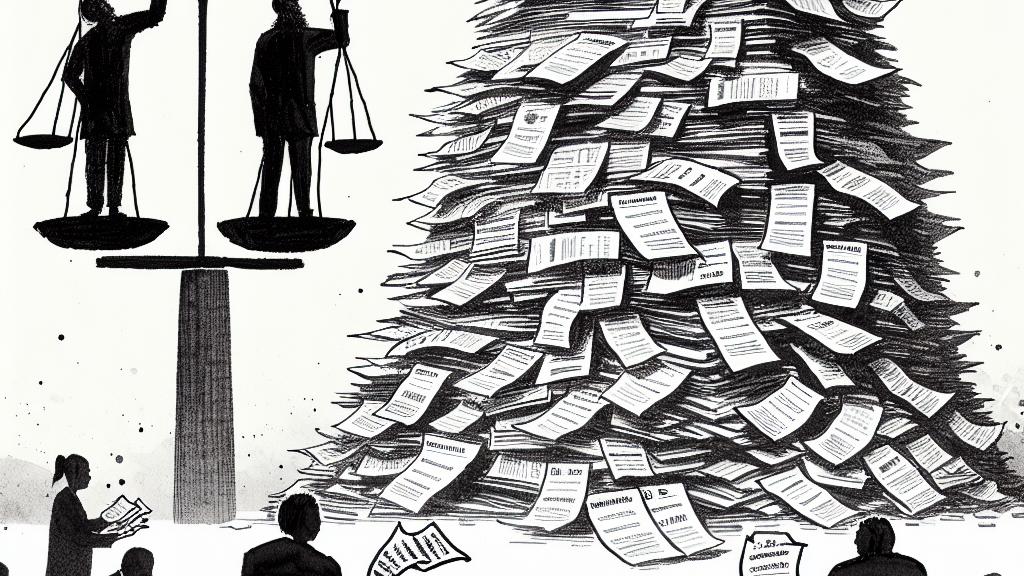Understanding the Changes to High Medical Cost System and Its Impact
Overview
- Recent changes to the high medical cost system, aimed at reducing expenses, have sparked passionate debates across Japan.
- Critics warn that this new approach could lead to patients neglecting vital treatments, ultimately jeopardizing their health.
- While the government promotes these adjustments as crucial for financial stability, the implications extend far beyond mere economic figures.

Background of the Changes
In Japan, a major revision of the high medical cost system is unfolding—a policy originally designed to protect patients from overwhelming medical bills. The government's recent proposal to heighten the upper limit of out-of-pocket expenses may seem pragmatic, particularly in times when healthcare costs are rising swiftly. However, this move carries the risk of compelling patients to make harsh choices regarding their health. Picture a cancer patient, who, burdened by mounting medical expenses, might decide against pursuing a necessary treatment. This situation not only illustrates the potentially grave consequences of such a policy change but also underscores the delicate balance between fiscal responsibility and patient care.
The Controversy
The crux of this debate lies in shocking projections suggesting that approximately ¥227 billion could be saved based on patients choosing to skip essential healthcare services. Imagine how many lives could be affected by this alarming trend! A recent study revealed that nearly 60% of cancer patients reported they would consider reducing the frequency of their treatments if costs rose. This raises an important question: should financial savings ever take precedence over the fundamental right to health? For many advocates, the answer seems clear—our healthcare system should prioritize patient welfare above all else. They argue passionately for policies that safeguard individuals’ rights to receive necessary care without the fear of crippling financial consequences.
Government's Justification
Defenders of these changes, including government officials, assert that such measures are essential for maintaining the sustainability of the healthcare system. They argue that by relieving the financial strain on the public health budget, funds can be redirected towards enhancing healthcare services for the working population. Yet, this reasoning raises serious concerns among critics. For instance, prominent figures like patient rights advocate Shogo Honnami argue that such fiscal strategies may disproportionately impact the most vulnerable patients. Consider a low-income family facing the unbearable decision between keeping a roof over their heads and affording vital healthcare. This grim reality threatens to widen health disparities even further, leaving those with fewer resources at greater risk of neglecting their health.
The Long-Term Impact
Looking ahead, the ramifications of these policy changes may prove to be far-reaching and detrimental. Patients who postpone or dismiss crucial medical treatments could storm emergency rooms, as untreated conditions escalate to a critical stage. Drawing parallels with past health policy shifts reveals a worrying pattern: similar decisions have historically resulted in increased illness and mortality rates among populations who cannot access timely care. The question lingers—can we really afford to let financial concerns dictate crucial health choices? The stakes are extraordinarily high. Ultimately, while the allure of economic relief is tempting, we must carefully contemplate the extensive public health implications that could arise from the adoption of these changes.

Loading...